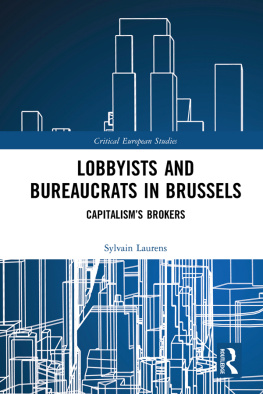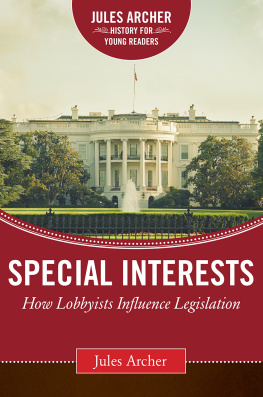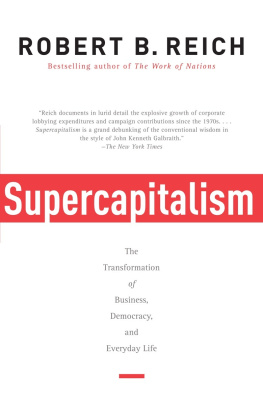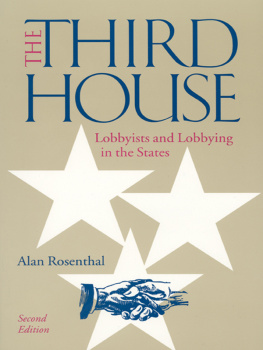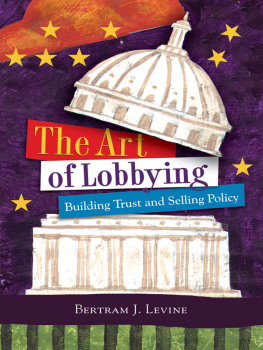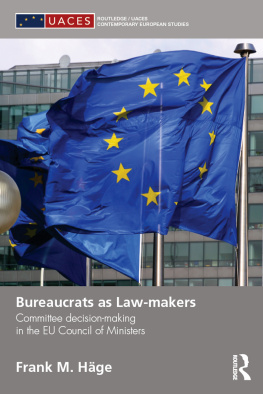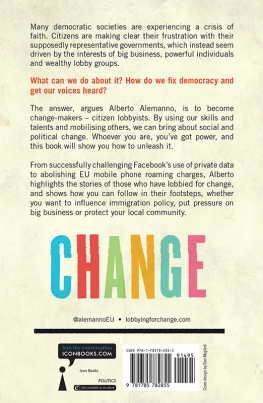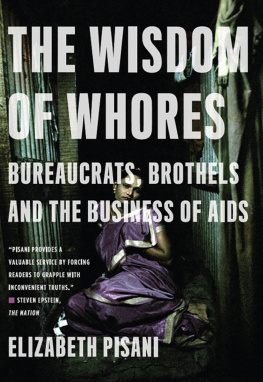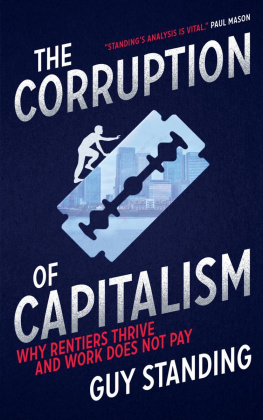
Lobbyists and Bureaucrats in Brussels
With over 30,000 lobbyists in town, Brussels is often called the European capital of lobbying. Despite this, little is known about how this political system works in practice.
This book offers an unprecedented window into the everyday relationships between bureaucrats and interest representatives. Where the media only show lobbyists as they meet MEPs and submit amendments, Sylvain Laurens argues that the bulk of their work is done in close contact with EU bureaucrats a form of quiet politics developed by the business community, targeting officials with little public exposure. Drawing on official archives, he begins with a description of the historical emergence of a new layer of bureaucracy which, with impetus from European and transatlantic capitalism, proceeded to alter the political organisation of the business community to fulfil its own need for legitimacy. The discussion then turns to the contemporary situation, using observations of internal meetings of the main lobby groups operating in Brussels and interviews with lobbyists and Commission officials to explore the work of the lobbyists.
This book will be of particular interest to scholars, students and professionals of the European Union, interest groups, and more broadly to those with an interest in political science and sociology.
Sylvain Laurens is a Matre de Confrences (senior lecturer) at the cole des Hautes tudes en Sciences Sociales in Paris, France, where he hosts a seminar series on the Sociology of Elites.
Critical European Studies
Edited by Yannis A. Stivachtis
Virginia Tech, USA
Mapping European Empire
Tabulae Imperii Europaei
Russell Foster
Revisiting the European Union as an Empire
Edited by Hartmut Behr and Ioannis A. Stivachtis
Unleashing Social Justice through EU Public Procurement
Antoinette Calleja
European Identity Revisited
New approaches and recent empirical evidence
Edited by Viktoria Kaina, Ireneusz P. Karolewski and Sebastian Kuhn
Discourses and Counter-discourses on Europe
From the Enlightenment to the EU
Edited by Manuela Ceretta and Barbara Curli
The Democratic Quality of European Security and Defence Policy
Between Practices of Governance and Practices of Freedom
Evangelos Fanoulis
Lobbyists and Bureaucrats in Brussels
Capitalisms Brokers
Sylvain Laurens
Lobbyists and Bureaucrats in Brussels
Capitalisms Brokers
Sylvain Laurens
Translated by Trista Selous
First published 2018
by Routledge
2 Park Square, Milton Park, Abingdon, Oxon OX14 4RN
and by Routledge
711 Third Avenue, New York, NY 10017
Routledge is an imprint of the Taylor & Francis Group, an informa business
2018 Sylvain Laurens
The right of Sylvain Laurens to be identified as author of this work has been asserted by him in accordance with sections 77 and 78 of the Copyright, Designs and Patents Act 1988.
All rights reserved. No part of this book may be reprinted or reproduced or utilised in any form or by any electronic, mechanical, or other means, now known or hereafter invented, including photocopying and recording, or in any information storage or retrieval system, without permission in writing from the publishers.
Trademark notice: Product or corporate names may be trademarks or registered trademarks, and are used only for identification and explanation without intent to infringe.
British Library Cataloguing in Publication Data
A catalogue record for this book is available from the British Library
Library of Congress Cataloging in Publication Data
A catalog record for this book has been requested
ISBN: 978-1-138-28927-7 (hbk)
ISBN: 978-1-315-26725-8 (ebk)
Typeset in Times New Roman
by Wearset Ltd, Boldon, Tyne and Wear
Contents
This book first appeared in French as Les Courtiers du capitalisme, published in 2015 by Editions Agone. The English translation was funded by Labex TEPSIS.
I would like to thank all the people who helped to improve the original version, which was based on my thesis for accreditation as a research supervisor (Habilitation Diriger les Recherches): Frdric Lebaron, Nicolas Dodier, Didier Georgakakis, Claire Lemercier, Michel Offerl, Hlne Michel and the SAGE team in Strasbourg (Vincent Dubois, Jay Rowell, Jean-Yves Bart). Much of it was written during my time as a visiting scholar at the Bath institute for policy research, Bath, UK. I am particularly grateful to David Miller, Emma Kate Carmel and Piotr Ozieranski. This work of course owes a great deal to the participants in the Pressure programme: Guillaume Courty, Rmi Audot, Jrme Berthaut, Stphane Chantegros, Eric Cheynis and Francis Marchan. I would also like to thank the people who helped me with the final version: Amandine Alleaume, Adlade Bargeau, Julia Bureau, Maa Drouard, Jean-Yves Bart, Isabelle Bruno, Armle Cloteau, Estelle Czerny, Franois Denord, Mathilde Helleu, Marie Hermann, Marie Laigle, Victor Lepaux, Erika Lett-Lafond, Ugo Lozach, Audrey Mariette, Julian Mischi, Philippe Olivera, Etienne Ollion, Etienne Pnissat, Martin Pigeon, Cyrille Rougier, Grgory Salle, Yiorgos Vassalos and Djamel Zerari. This book could not have existed in English without the invaluable work of Trista Selous.
Lastly I must thank my family, who have had to bear the brunt of my absences, whether physical or in terms of attention.
Everyone wants to influence a new law. So in Brussels youve got all the big companies with a representative office, all the big French firms, the big pharmaceutical companies, the energy companies and so on. They come from all over Europe, and youve got American companies too. Theyre all there to protect their own interests and see whats going on. After that youve got the permanent representatives of each member state, and of non-EU countries as well. So youve got the Russians, the Americans, and all the candidate countries too. And the Swiss. And theyre all there for their own country but sometimes also for companies. After that, you also have the sector organisations in Brussels. Every possible producer the steel producers that call themselves Eurofer for example, or the textile producers. The chemical industry has one of the most active business associations. And then youve got the national business associations German, British, French youve got the French employers organisation MEDEF. And theyre all busy lobbying, theyre all doing more or less the same thing. They monitor the Commission and the European parliament and they meet with all those people. They tell them their problems, try to see how to sort them out. And who else after that? Well, theres all the think tanks that hold meetings and spread ideas. Thats another kind of lobbying. And then youve got the NGOs. Some of their people are very active here, particularly the environmental NGOs Greenpeace, OXFAM and the European consumer groups.
When I started as an intern at MEDEF they said, As youre Bulgarian, set up a meeting with the Bulgarian commissioner for consumer protection or go to this parliamentary meeting and take notes. After that I worked for the consultants G-plus as a junior energy consultant. And in the first year, every time I met someone who was working in energy, Id say, Oh, I need you. Later on, time goes by and you get tired of all that. There comes a point when youre sick of it. There comes a point when you try to separate your work from your private life, but its hard because there are lots of people in Brussels who are always at work. A junior consultant starts off making 1600 euros a month and then you go up [hand gesture]. But you do have to wait maybe three or four years to become a manager, particularly if you come in with no experience
Next page
